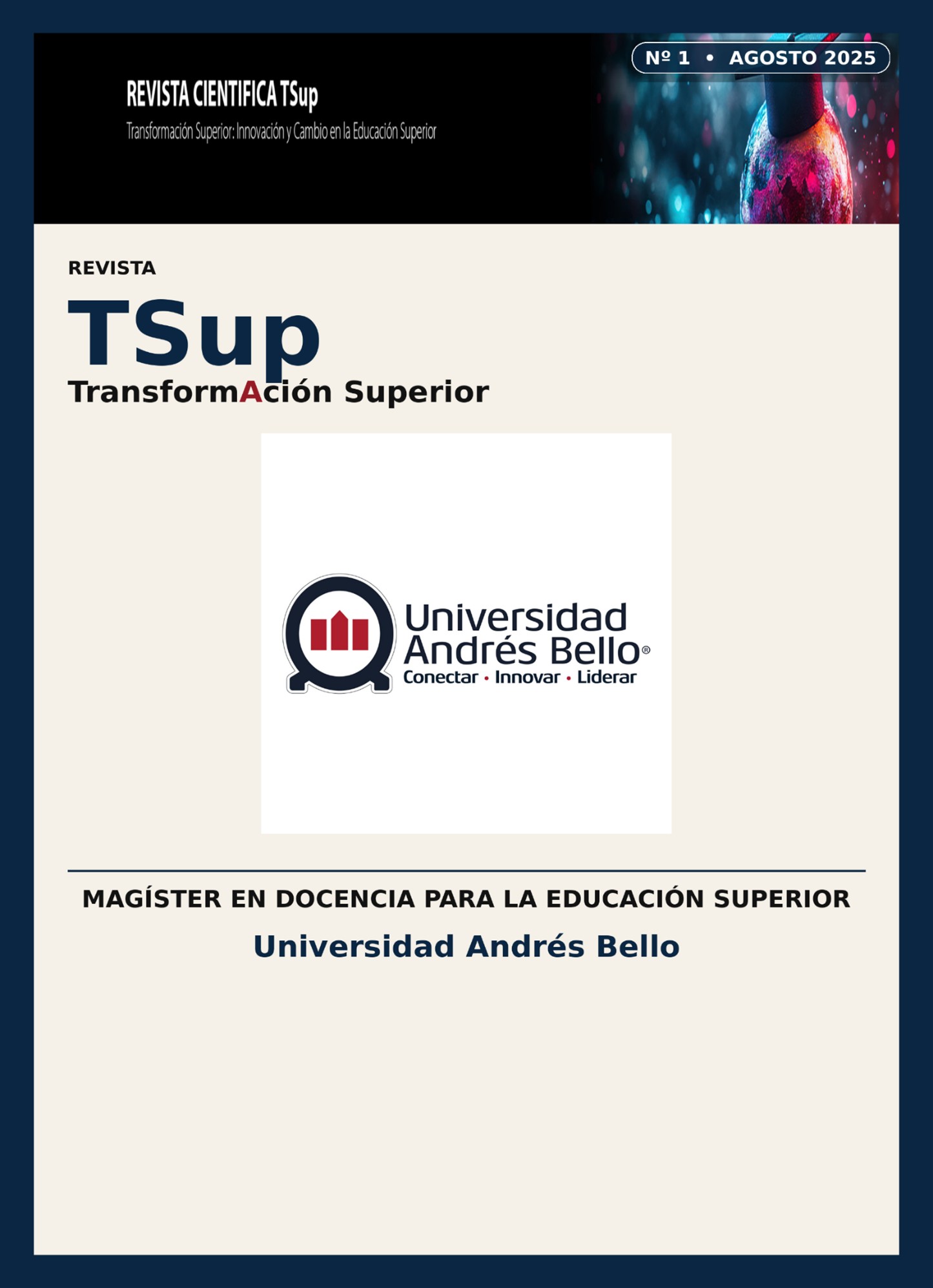Artificial Intelligence and Autonomy in English Language Learning: Towards an Emerging Approach in Higher Education
DOI:
https://doi.org/10.53382/issn.2810-7977.4Keywords:
Artificial Intelligence, Higher Education, Language Learning, Pedagogical Innovation,Abstract
This theoretical article explores the integration of artificial intelligence to enhance English language teaching in higher education, aiming to generate broader linguistic opportunities. Based on a critical review of the literature and framed within an exploratory-descriptive qualitative approach conducted at a regional university, the study identifies key gaps in English communicative competencies and proposes a reflection on the design of an emerging approach that fosters greater exposure, innovation, and continuity in English learning. The analytical reflection draws on concepts such as autonomous learning, artificial intelligence, and emerging pedagogies, grounded in theories like connectivism and technology-mediated learning. The study highlights the need to innovate English language instruction in university contexts by promoting educational inclusion, personalized learning, and reducing the gap in English proficiency using advanced technological tools. The findings offer relevant insights for the continuous improvement of teaching practices that support the development of English language competencies.
Downloads
Downloads
Published
Issue
Section
License
Copyright (c) 2025 Revista Transformación Superior Transup

This work is licensed under a Creative Commons Attribution-NonCommercial-ShareAlike 4.0 International License.


